From January to April 2020, the rate of Amazon deforestation was up 55% on the previous year, Reuters reports. Under President Bolsonaro, the power of the Brazilian Institute of the Environment and Natural Renewable Resources (IBAMA) to combat deforestation has been severely reduced, with 21 out of 27 state superintendents dismissed. Reduced surveillance due to COVID-19 is also emboldening illegal loggers, who are creating a gig economy of poorly paid workers ignoring lockdown measures.

So what?
The selective cutting and clearing of high value trees also involves the formation of access roads, paving the way for land speculation and the clearing of the remaining forest for cattle, soy or other crops. Human health risks include rising COVID-19 infections, particularly affecting indigenous people experiencing heightened exposure, and respiratory disease due to huge volumes of ash and smoke from burning forests.
Sources
-
 Amazon deforestation gig economy booms despite COVID-19 (Photo Essay) https://news.mongabay.com/2020/06/amazon-deforestation-gig-economy-booms-despite-covid-19-photo-essay/
Amazon deforestation gig economy booms despite COVID-19 (Photo Essay) https://news.mongabay.com/2020/06/amazon-deforestation-gig-economy-booms-despite-covid-19-photo-essay/ -
Deforestation in Brazil's Amazon surges, Bolsonaro readies troops https://www.reuters.com/article/us-brazil-environment-idUSKBN22K1U1
-
 Amazon Deforestation Soars as Pandemic Hobbles Enforcement https://www.nytimes.com/2020/06/06/world/americas/amazon-deforestation-brazil.html
Amazon Deforestation Soars as Pandemic Hobbles Enforcement https://www.nytimes.com/2020/06/06/world/americas/amazon-deforestation-brazil.html

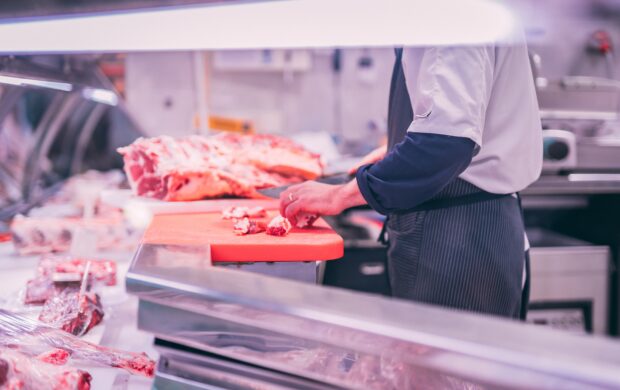
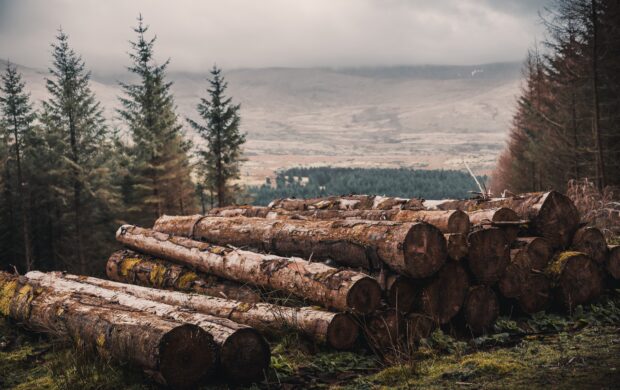

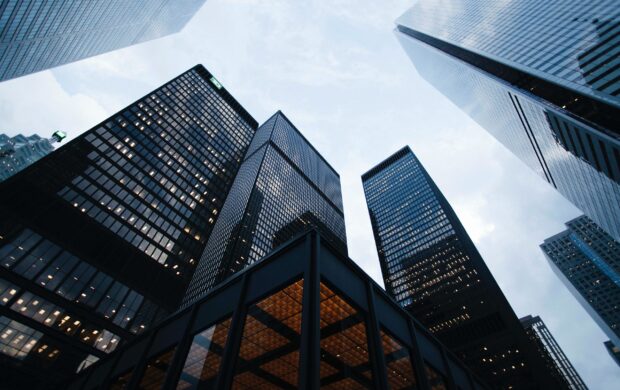
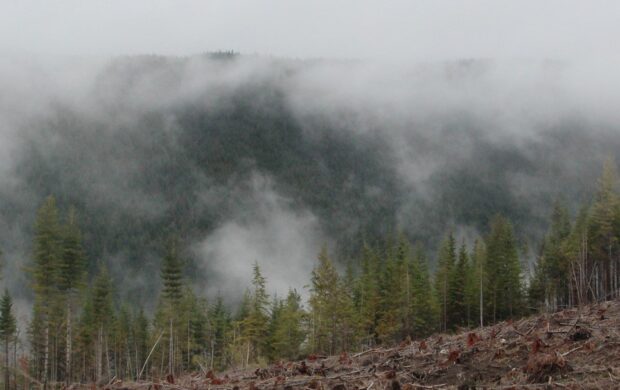
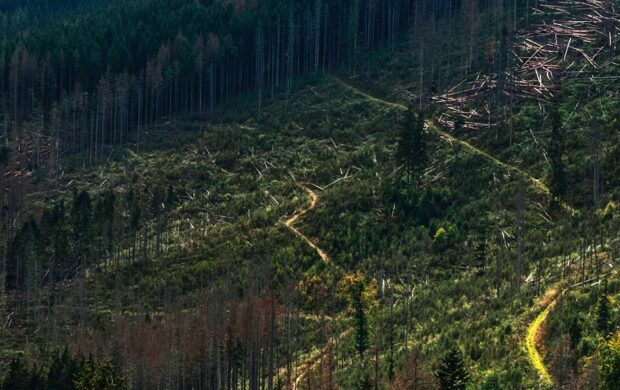
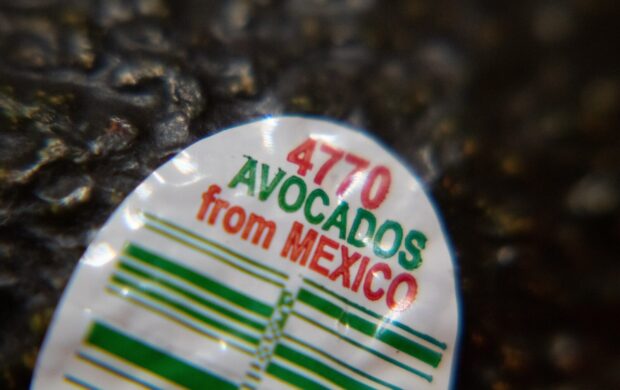

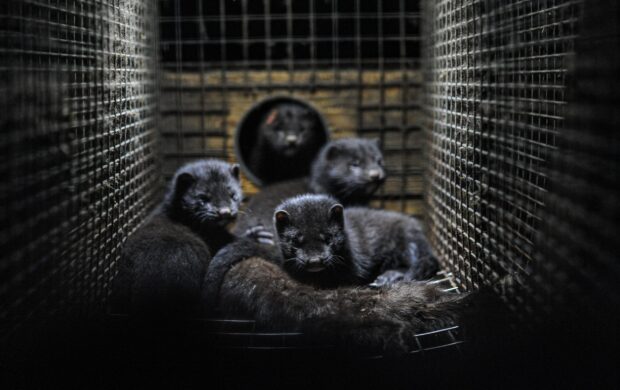
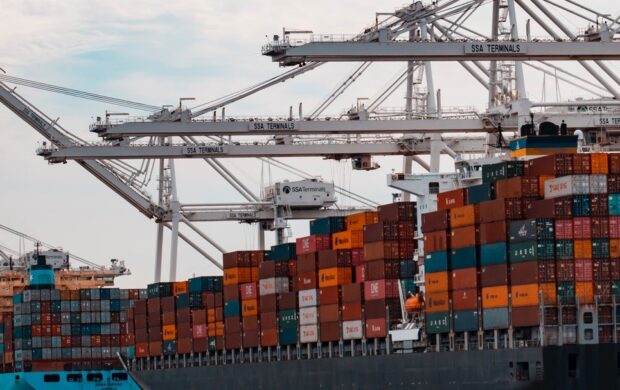
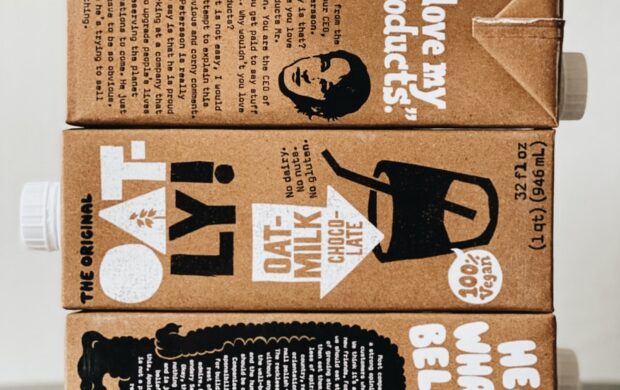


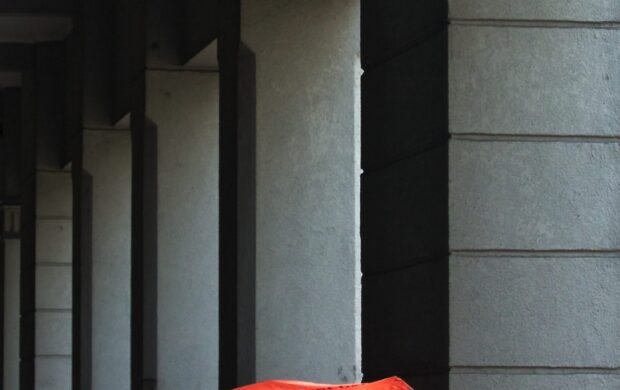
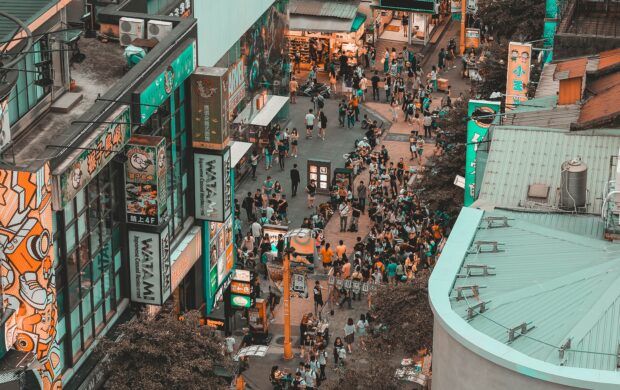
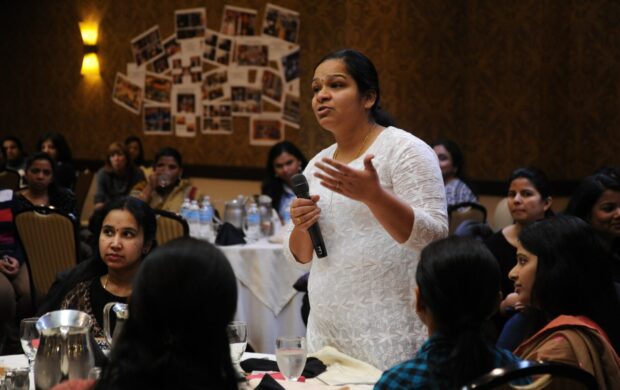
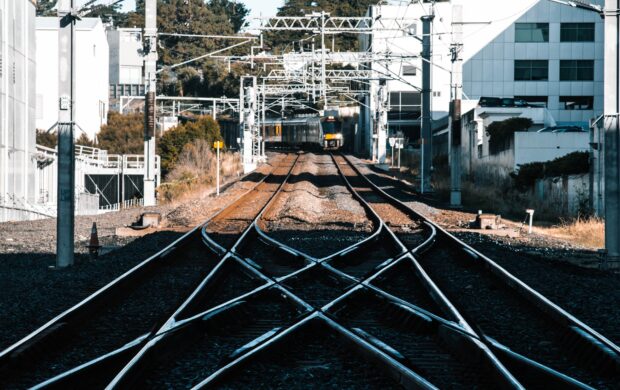
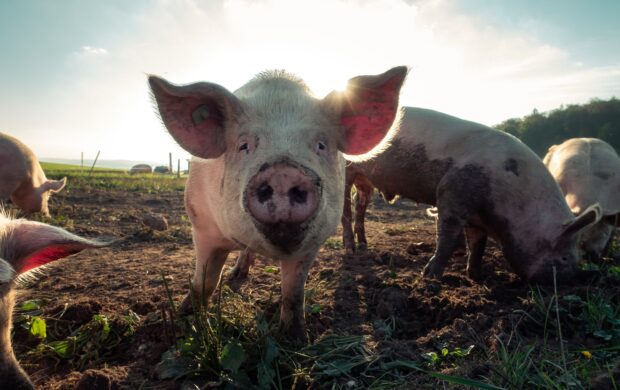
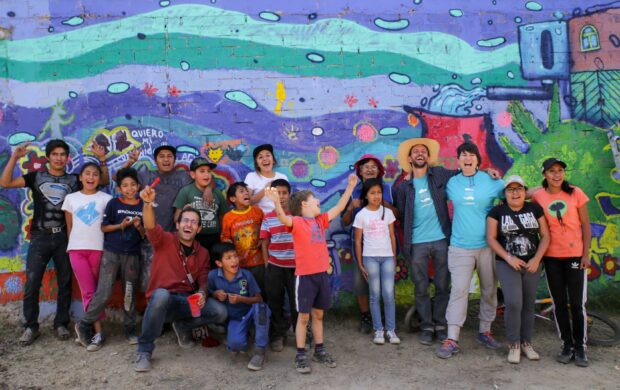



Join discussion